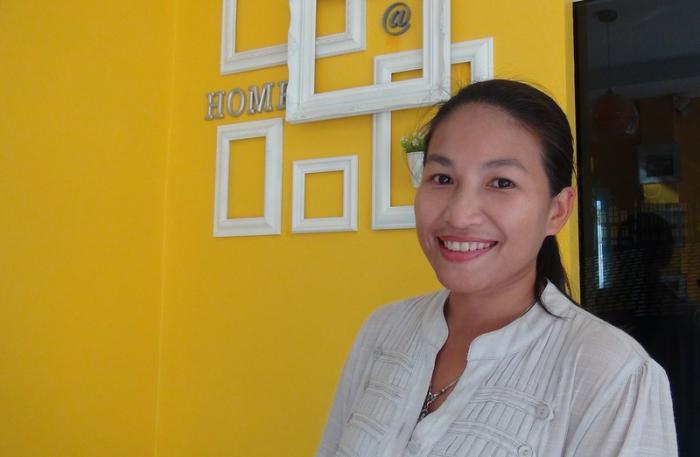Appeal of traditional Songkran

PHUKET: For many visitors to Thailand in mid-April, Songkran festivities appear, on the surface, to be just a fun and boisterous way to keep cool, but the traditions of the Thai new year celebrations are rooted in a much gentler aspect of Thailand’s Buddhist culture.
The four-day festival is a highly significant astrological event in the Buddhist calendar. It marks the movement of the sun from one sign of the zodiac to another, as well as a transition of seasons – a time of change and regeneration – washing away the old and welcoming the new, as it were.
The word Songkran originates from the Pali language. In Sanskrit it is called ‘Sankhara’, or ‘Sankranti’, indicating that the festival was likely introduced in the north of Thailand centuries ago by Brahmin priests and then trickled down, spreading out to the eastern and northeastern provinces and eventually down south.
Subsequently, while the general theme of the festival remains the same, people in different parts of Thailand celebrate Songkran in different ways, infused with local traditions unique to each area.
Paruja Prunglek is a native of Songkla Province and a hobbyist historian. She spent several years in Chiang Mai and now owns a cafe in Phuket, giving her an insight into the differences in regional Songkran celebrations. Her family’s roots in Songkla go back hundreds of years over several generations, during which the traditions of Songkran have hardly changed.
“My great grandfather was always insistent that we understood the meaning and significance of traditional ways, especially for festivals such as Songkran. He wanted to make sure we would preserve them,” said Ms Paruja.
Traditionalists like Ms Paruja frown on the wasted water and risque behavior of today’s
water gun-toting Songkran revellers. That’s not to say they are killjoys, but just more acutely aware of the real meaning of the water celebrations.
“Pouring water slowly is a ceremonial libation. It is a way of paying respects and giving thanks to the water goddess (Mae Naam). We gently wash Buddha images to symbolize washing away negative thoughts and energies and starting the new year anew,” said Ms Paruja.
There are many Phuketians who do not celebrate Songkran at all. It is not a tradition for Muslims or for Phuket’s extensive Chinese population,. Additionally, many of the Thais living here are from other provinces, so they usually return to their hometowns to celebrate with their families.
The water throwing really is not a traditional part of Songkran celebrations. It stems from the custom of pouring just a little water over the hands of elders as a sign of respect.
Asked if she would ensure her own children knew the ancient ways, Ms Paruja replied, “Of course. It is the essence of being Thai.”
— Nick Davies
Latest Thailand News
Follow The Thaiger on Google News:


























